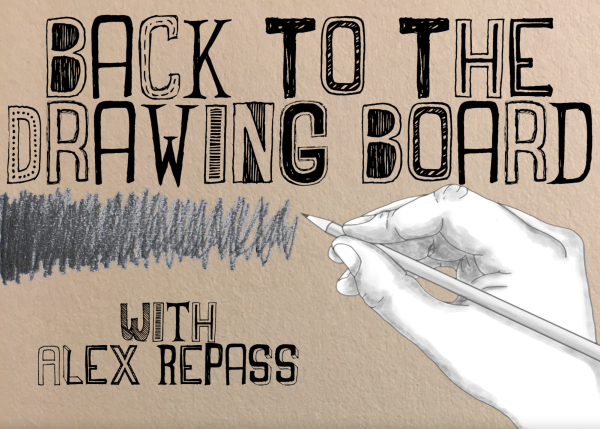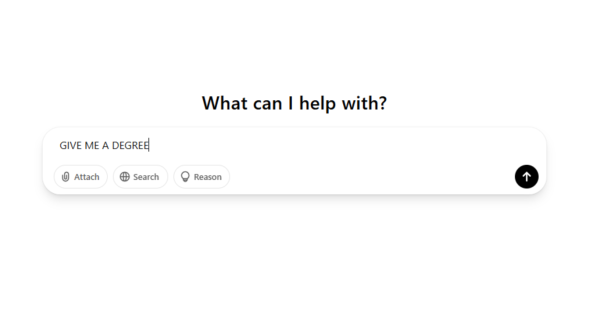Sexual Assault Awareness Month
This past Monday I attended a guest speaker here on campus. Assistant District Attorney Jessica Elumba from Plymouth County Massachusetts came to campus to speak about sexual assault and domestic violence from the eyes of a prosecutor. This event was sponsored by the Women’s Collective and the Green Dot Initiative to bring students together to learn more about sexual assault, domestic violence, and how we can end it.
Since April is Sexual Assault Awareness Month, this event could not have come at a better time. Not only did she speak about what constitutes sexual assault and domestic violence, Elumba also provided many statistics on the subject, spoke to why victims may stay with their abusers, and about what resources may be available for victims to utilize. Approximately one in six women and one in 33 men are a victim of abuse, but only about one in 10, or 13 percent of cases, are reported.
As someone who is looking to pursue a career in victim advocacy, Elumba really resonated with me. There were many resources mentioned that I did not know existed. When asked about how we can prevent sexual assault or domestic violence, the main thing that Elumba stressed is to report, report, report. Whether you report on behalf of yourself, a friend, a family member, or someone else. Reporting abuse is the best thing you can do for a victim because it not only provides the opportunity for prosecution, but it can allow the victim a way out of the relationship.
Reporting this type of abuse is also very important in terms of raising awareness for these issues. The more abuse reports that are received, the more attention and awareness sexual assault and domestic violence receive. Knowing the signs of potential abuse is very important when it comes to becoming aware and reporting abuse, especially amongst college students and young adults. Many victims of domestic violence and sexual abuse are between the ages of 18 and 34, and college students are three times more likely to be a victim. Most victims have some sort of relationship with their abuser, whether they are an acquaintance, friend, family member, or romantic partner.
I think that ADA Elumba coming to speak to our campus community was a step in the right direction to raise awareness and provide more information regarding this subject to students on our campus, especially since college students are so likely to be a victim. Having resources available for college students to familiarize themselves with signs of abuse and what to do in the case of abuse is very important to the overall health and wellness of campus communities, as well as the issue in society at large.
Being able to recognize the signs of potential abuse is a big step in raising awareness of sexual assault and domestic violence. If you or anyone you know is experiencing any type of abuse I urge you to speak up and say something. Educate yourself on the signs of abuse so you know what to look for. Go to programs that speak about domestic violence and sexual assault so you understand what is available for victims. If you see something, say something.





